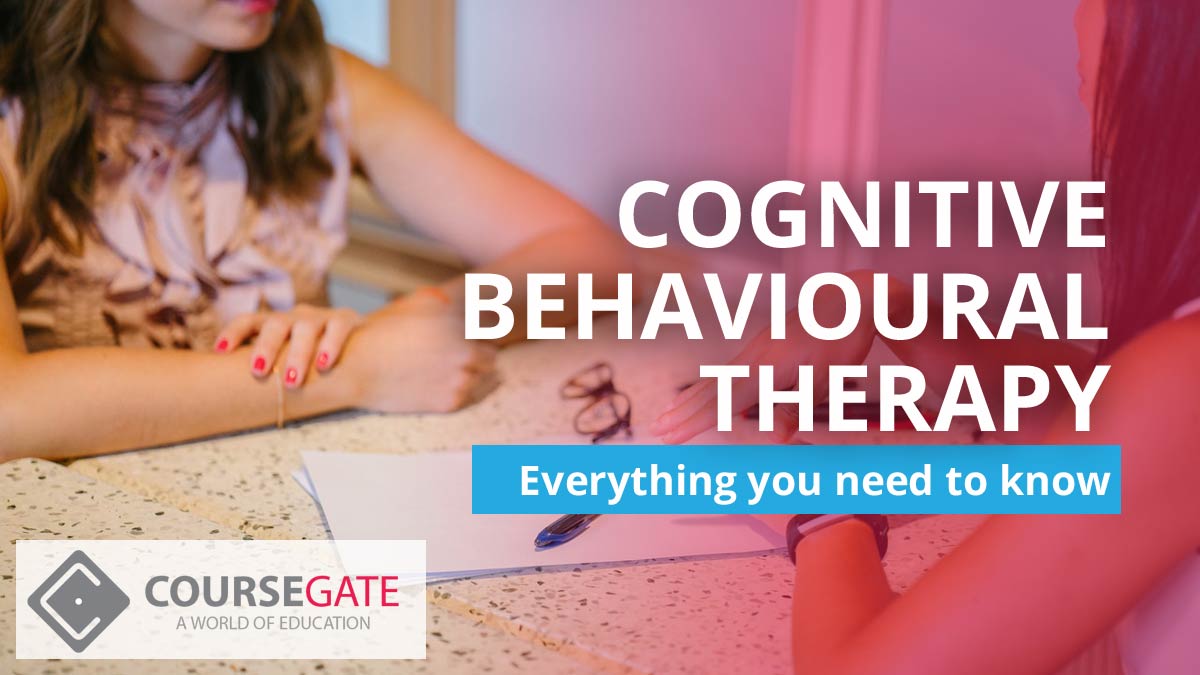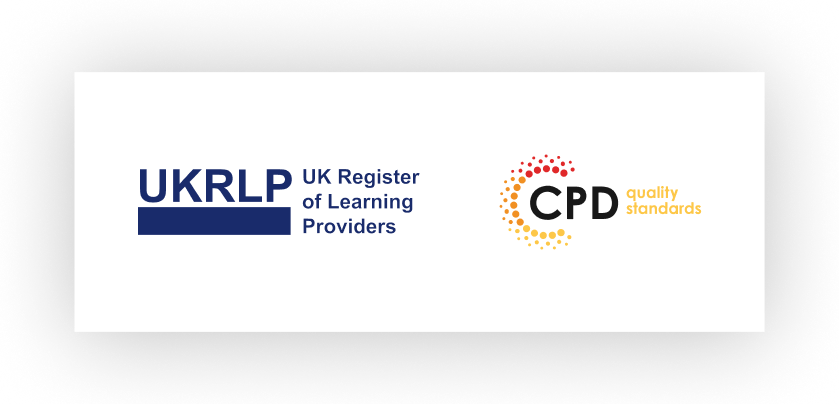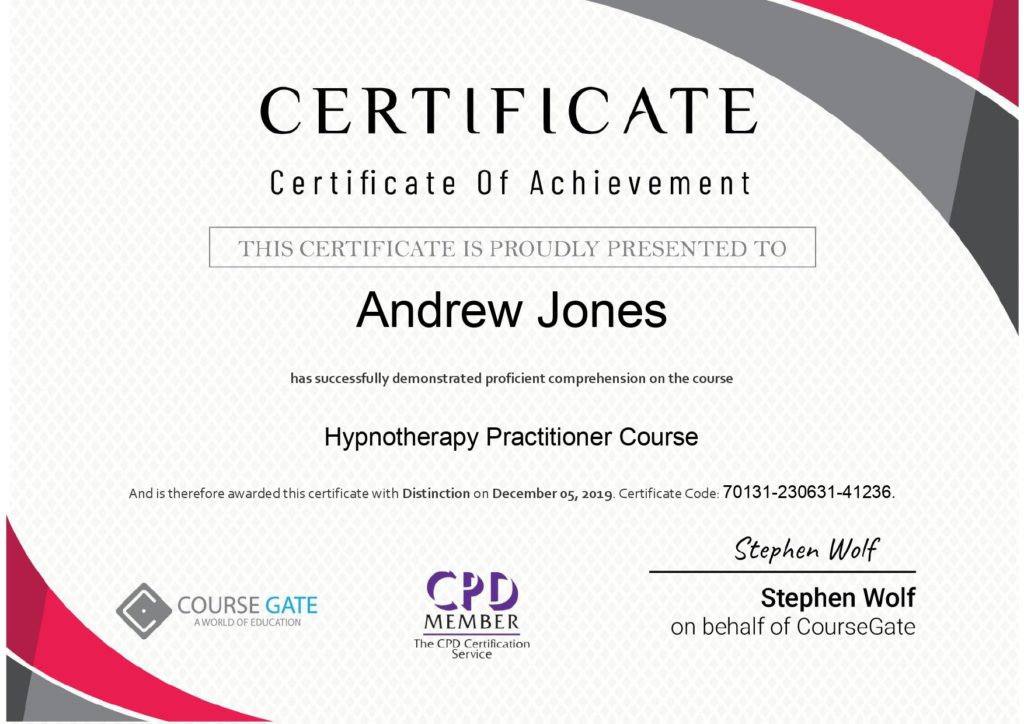

Ever been in a situation where you wanted to make your opinion heard? You must have stopped yourself fearing rejection. Imagine, you wanted a raise at your office once. However, you stopped yourself just because you don’t want to hurt someone’s feelings. Or, you had doubts about the validity of your opinion. Yes, cognitive behavioural therapy (CBT) helps you to change your thinking pattern. In other words, CBT is a type of psychotherapy treatment that helps someone to change their thinking pattern. Also, it helps people with their difficulties and encourages them to deal with their feelings.
The human mind regulates the behavioural aspects of a human. Cognitive refers to the process of learning through experience. They appear in our mind both consciously while we are aware and unconsciously while we are unaware of them. Behaviour refers to the way we react to situations. Believe me, we all sound stupid while talking to ourselves when we are clueless about what we want.
Naturally, the human mind avoids confrontational situations. It is the perception of the situation rather than the situation itself that determines the way we react to any situation. The normal human behavioural tends to avoid uncertainty to pile up misery upon misery and ultimately creates bitterness in our mind.
With a negative interpretation of a situation creates a negative reaction within us. Finding a positive viewpoint leads to improved wellbeing. The actions we take are based on what we think about a situation. Just changing our way of thinking changes our emotional state towards something.Cognitive behavioural therapy (CBT), is a psycho-social intervention that is designed to talk through a person’s mental dreads that can help a person manage his problems by changing the way he thinks behaves and processes real-life situations.
CBT counselling is most commonly used to treat anxiety and depression, but behavioural therapy can also be useful for other mental and physical health problems.
The advantage of CBT counselling is it takes a really short time. A client may attend 1 (at best 2) sessions every week each lasting an hour. With most emotional problems taking 6-8 months. During this time the client and therapist openly conversate among themselves to detect the problem and introduce the patient to cognitive behavioural therapy (CBT) technique he may want to apply for the patient. Some forms of traditional psychotherapy treatments used to focus on looking into the past of the patient. The contrasting fact of cbt is that it focuses on understanding the present thoughts and beliefs of patients.
CBT helps people where thoughts and beliefs of a person are at a sensitive and in some cases at an emotional standoff. This treatment emphasizes identifying and challenging the existing perception of the person to bring positive change to how he views a situation.
CBT makes us more aware of how our thought patterns regulate our day to day life. This thought pattern ultimately relates to our reality and how we behave and react to situations. A person with a distorted mindset and viewpoint are more likely to:
- Have a negative mindset
- Mistakenly see the situation is always against him
- Jump to a wrong premeditated conclusion CBT focuses on changing these autogenerated thoughts that create a victim persona inside him. It changes his way of thinking and the way he looks at things. Cognitive behavioural therapy also relieves him from all the self-imposed stress that is created in his mind enabling him to live a healthier and more productive life.Cognitive Behavioural Therapy (CBT) is usually a one-on-one therapy involving the therapist and the patient., but the therapy can also be held in group sessions.
If the patient has CBT on an individual basis, he will require to meet with a cbt therapist 5-15 times on a weekly basis depending on the situation of the patient.
The exposure therapy is the technique of treating anxiety disorders which involves exposing the patient to the source of anxiety. The aim of the program is to help them overcome their distress without causing them any danger and free him from his self imposed fear. The sessions may take place:
- In a clinic
- At any outdoor place – particularly is the patient feels any discomfort of the outdoors
- In the patients home – if the patient has any phobia involving any specific home appliance
The therapy can also be very effective in group sessions with people sharing their feelings among several other people who might share the same problems.
The members of the group can support each other by forming a circle of trust and enable each other to open up to each other to confront their weaknesses. Therapy sessions involving family & friends have also produced powerful results for patients and has produced better results.
People mainly choose this goal-oriented treatment to approach assertively what they themselves have realized must be fixed. CBT is most commonly used to treat anxiety and depression, but the method can also be helpful for certain other physical and mental health problems as well such as:
- Drug or alcohol addiction problems
- Sexual and relationship problems
- Insomnia (inability to sleep).
- Eating disorders, etc.
CBT can also be helpful to approach certain other psychosocial problems that originate in the human mind due to negativity such as:
- Anger problems
- Obsessive-compulsive disorder (OCD)
- Phobias
- Post-traumatic stress disorder (PTSD)
- Psychosis
- Schizophrenia
Over the past few decades, the common practice of psychology has drastically shifted towards evidence and research-based treatment of patients. The media has also brought attention to introducing more CBT based treatment rather than traditional techniques.
Due to the availability of extensive research data. As the whole thing is hands-on approach patients are getting much better outputs within a short time and are getting more productive in their daily activities.
Primarily to start a career as a cognitive behavioural therapist (CBT therapist) you will at first need a four-year bachelor’s degree. You will need a postgraduate degree in mental health to be able to be a CBT counsellor.
It is not solely necessary for you to have an undergraduate degree in mental health. Anyone with relevant background on social work, sociology, psychology, art may also have a strong background about how the human mind works.
You may still be able to enrol yourself onto a postgraduate training without a related degree. For this, you will need to show that you meet the skill, knowledge and attitude requirements. Having previous voluntary experience of working with people with mental health issues will also help.
A post-graduation degree is just the start of seekers journey into the world of CBT treatments. BABCP(British Association for Behavioural and Cognitive Psychotherapies) is the main accreditation body for Cognitive Behavioural Psychotherapists.
Usually, all Councillors opt for a higher degree such as a Doctorate even a Post Doctorate degree. The field of research in the human mind its behaviour and to integrate its productivity is still open. Even The government is spending large sums on research regarding this issue. So research can also be a good source of income for psychotherapists. Cognitive Behavioural therapists working with NHS can expect a salary between £26,500 tp £41,500 annually. Therapists working in private organisations can also expect to earn a similar amount.
CBT therapists working in private can expect to earn approximately £40 to £100 per session. Having the experience to work with more patients and having more research experience will enable you to have more call ups and incomes. To be a successful Cognitive behavioural therapist you will need the presence of some special characteristics and key strength points on a personal level, along with the educational and research background. These include:
Strong organisational and brainstorming skills
While treating a patient who is fragile about a particular situation or an aspect of life or suffering from a trauma presence of mind of the therapist is one of the most important skills he needs. You will have to listen to the patient attentively and relate his problems and psychology to a particular pattern. In this field, almost all cases are somewhat unique so each case has to be personalised and when necessary take improvised measures to treat the patient.
Empathy
To work as a CBT counsellor, you are always going to work with emotionally unstable people who are willing to open up to you about the most feared and emotional aspects of their life. Listening to someone’s stressful and difficult secrets and wholeheartedly trying to relieve them of their pain is not an easy job. It requires a lot of passion.
Good relationship building skills
You will have to build a friendly relationship with your patients in order to enable them to trust you and repair their broken self or help them find and regain back their lost energy.
Great listening power
A CBR therapist will spend most of his time listening to his clients and try to find out his goals for taking the session. In order to be successful in this profession, excellent listening skill is essential.
Communicating with a patient
While treating a patient and building up trust with him active two-way communication is a must otherwise the goal of the treatment may not even be fruitful.With CBT, people gain the power to cope up with the fears that haunted them down. As a result, they automatically become more productive and happy. The methods a patient learns during the sessions may not always give him the strength and courage immediately to face his fears. With repeated practice of facing his emotions, the itchy feeling is sure to pass off sometime in the future to mark him free from the bad afflictions.
- All Courses
- Accounting & Finance61
- Admin, Secretarial & PA45
- Audio Books (Audio Course)100
- Business Skills155
- Design76
- Digital Marketing48
- DIY (Do It Yourself)57
- Employability238
- Food Hygiene & Safety18
- Health & Fitness68
- Health & Safety108
- Health & Social Care183
- Human Resource49
- It & Software Skills115
- Language27
- LIFESTYLE85
- MAKEUP & BEAUTY49
- Management129
- Marketing60
- Massage & Physiotherapy17
- Microsoft Office64
- Nonprofit & Charity36
- On Demand Courses53
- Personal Development123
- Photography33
- Psychology & Counselling97
- SEN (Special Educational Needs)23
- Teaching and Education96














